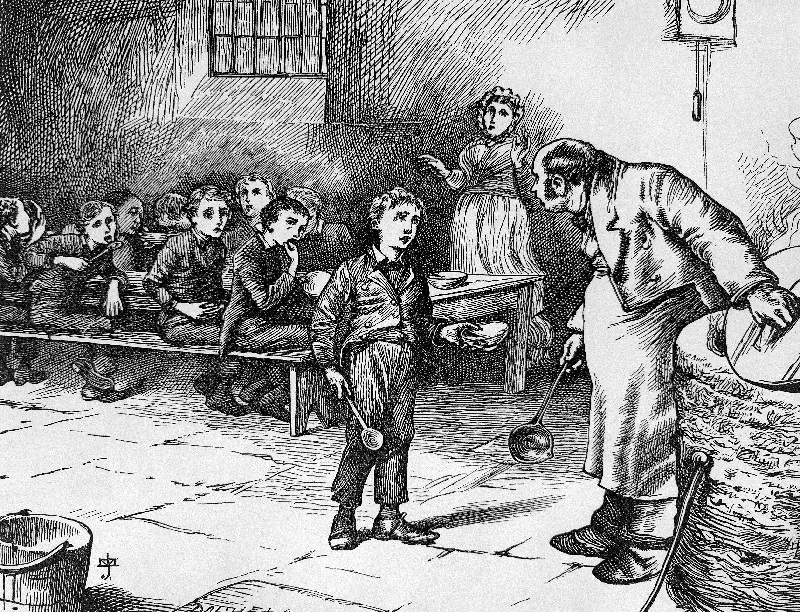“Nature’s there, for you and yours to have and enjoy. Man and Nature don’t bombard each other, but agree; they don’t compete, race one against the other, but go together.
Growth of the Soil, which helped Knut Hamsun earn his Nobel Prize for Literature in 1920, was his homage to the man of nature. It tells the story of Isak, a simple man, who without “a sword in hands, go through life bareheaded, barehanded, in the midst of a great kindliness (nature)”. He is the first settler in a wilderness who begins life only with a “sack, containing provisions for the road and some implements.”. He toils with the soil and grows as the soil grows. There are his trials, but his successes are many. The growth of the soil caters to all his physical needs and the surrounding wilderness feeds his soul. He is in harmony with nature, and as such, in peace. With time, several others come and settle in the surrounding lands, and copper mining begins paving the way for industrialization. None of these affect Isak, however. This man of nature, through all the “development”, stays true to nature, and in doing so, he never loses his peace and contentment.
If you look at the Growth of the Soil from a novel perspective, it’s neither plot-driven nor character-driven as is customary. Rather, it is theme-driven. The protagonist Isak is Hamsun’s voice. Through Isak’s story, Hamsun is advocating on the agrarian lifestyle which he considered the best mode of living since it helped man to live harmoniously with nature. He loathed modernization and saw industrialization as a threat to nature and the peace of man. The failure of the copper mining in the story and the financial downfall of the ones who depended on it was Hamsun’s way of proving his point. But one mustn’t misunderstand Hamsun. He was not against the development of agricultural methods and tools. It was industrialization that he was suspicious of, and it was industrialization that he saw as the enemy. Hamsun regarded the growth of the soil to be the natural habitat of the humans, and any foreign intervention to upset its balance was viewed as disastrous.
The theme expounded in Growth of the Soil has a present bearing. We, as humans, have utterly run against nature and are facing its dire consequences. Industrialization and modernization are needed for us to move forward. To that extent, I differ from Hamsun. But it shouldn’t be in excess, and most certainly it shouldn’t be contrary with nature. We, humans, have misjudged the power of nature, and we are paying dearly today for our error.
Before closing my review, one word must be said about Hamsun’s writing. It is picturesque and soothing. With his clever pen, he brings the Norwegian wilderness beautifully to life and transports the readers into the setting. He goes through every season in such detail that it is not only Isak, his family, and neighbours who are living it; we readers are too. I like when a book can do that when it can transport you to the settings of the story. Knut Hamsun is one of my late discoveries, and the Growth of the Soil is my first exposure to him. It certainly won’t be the last.
Rating: 4/5



